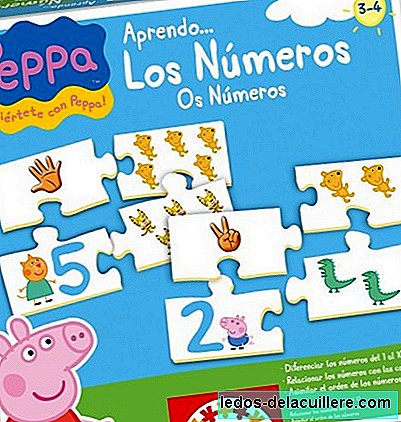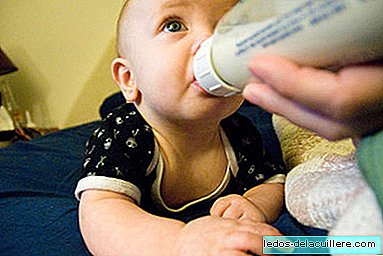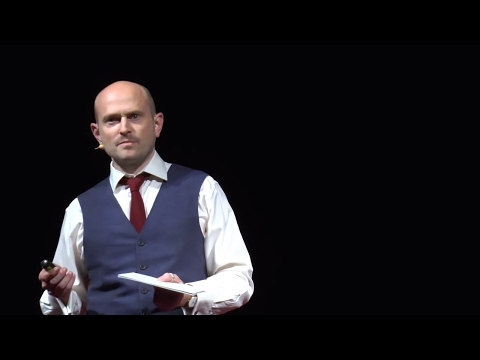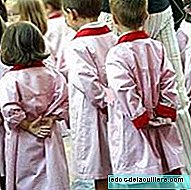From the first breath when we are born, breathing is a fundamental process in our life and although we do it in a way that reflects the need to incorporate oxygen into our body, we can take advantage of the breath to feel better. And, from childhood, at any age, at any vital moment, closing your eyes and taking deep breaths is a great method to relax your body and mind.
At rest, we breathe about 30,000 times each day, but we will propose how to transform part of that breathing to bring us benefits in pregnancy, childbirth and postpartum. For this we need to make a conscious breath, an exercise of focusing attention on our inspiration and exhalation. It's that simple, that relaxing, and with fabulous results!
When we breathe consciously we feel how breathing occurs. It can be long or short, deep or superficial and the longer we lengthen this type of breathing, it will be transformed becoming more natural, slower, filling us with energy, perhaps banishing negative or worrisome thoughts and with the feeling that they join body and mind. How to take advantage of this during pregnancy, childbirth and postpartum?
Breathing in pregnancy
During pregnancy many fears, fears, insecurities happen ... and as the world does not stop because we are waiting for a baby, the rhythm of daily life together with the above can cause stress and anxiety. In fact, one in four pregnant women will suffer from anxiety or depression. Therefore, it is important to keep stress at bay, to avoid health problems for ourselves and our babies, to get a better rest ...
There are studies that indicate that stress in pregnancy affects the baby (stress hormones cross the placenta), and it does so in a very diverse way, so that conscious breathing, slowly inspiring and exhaling the air, in a comfortable position, In low light, no noise ... can only bring benefits.
We can practice a good breathing technique at any time of the day when we are calm, doing our relaxation exercises at home ...
Good breathing is also important when exercising. We know that moderate and habitual exercise during pregnancy is good for the mother and the baby, reduces stress levels and provides significant physical and mental well-being, but you have to do it well, without forcing the machine. Exercises such as yoga or the Pilates method work breathing and in that sense they have a plus when it comes to benefiting from conscious breathing.

Breathing in childbirth
At the time of delivery, breathing can help activate substances and systems that work on the body by way of analgesia and that counteract pain. Childbirth is a natural but physically exhausting and mentally strenuous process, so we can help ourselves with a good breath to improve both the physical state, which hurts us less and be stronger, as the mental state.
Breathing we achieve good oxygenation for the mother and the baby. If the woman during the dilation focuses on the breath, she will be able to calm the mind, abstract from the superficial and perhaps live the birth more fully and consciously since the contractions will hurt less.
By breathing during contractions, the work of the abdominal muscles is improved, so that the better perception and relieves the pressure suffered by the internal organs and the spine during childbirth, reducing fatigue and improving relaxation.
The Bradley method of controlling pain in childbirth, for example, and along with other tips, emphasizes relaxation and deep breathing techniques as ways of coping with labor pain.
There are several types of breaths (abdominal, thoracic, clavicular), the ideal is that each woman has integrated and normalized one of them (therefore, better practice them during pregnancy) and especially abdominal breathing will be the best to manage the pain in childbirth since we send the air to the uterine muscles that are tense and without oxygen in the contractions (that's why they hurt).
Between contraction and contraction the pain ceases, giving the woman time to bring oxygen back to the uterine muscle and relax it through deep breathing, and thus be able to cope better with the next contraction. Breathing is one of the techniques that can help you relax during labor, a natural method that reduces pain: don't forget it!
Postpartum breathing
When the baby arrives, not everything will be quiet. New fears and doubts arise, we do not rest as much as we wish, there are setbacks ... and ultimately we need to relax as much as possible. When we think that we can no longer, breathing can help us, just as in pregnancy, to achieve some peace of mind and "gain strength" to move forward.
In the postpartum, marked by hormonal swaying, breathing with inspirations and gentle, long and deep exhalations, we will also improve physical ailments and help overcome insecurities. In passing, we will transmit tranquility to the baby, who needs us close and in the best possible way, physical and mental.
Photos | iStock
In Babies and more | 20 percent of pregnant women suffer respiratory disturbances during sleep, "Breathing is especially important in the management of pain during childbirth." Interview with Mónica García Calzada (II),












